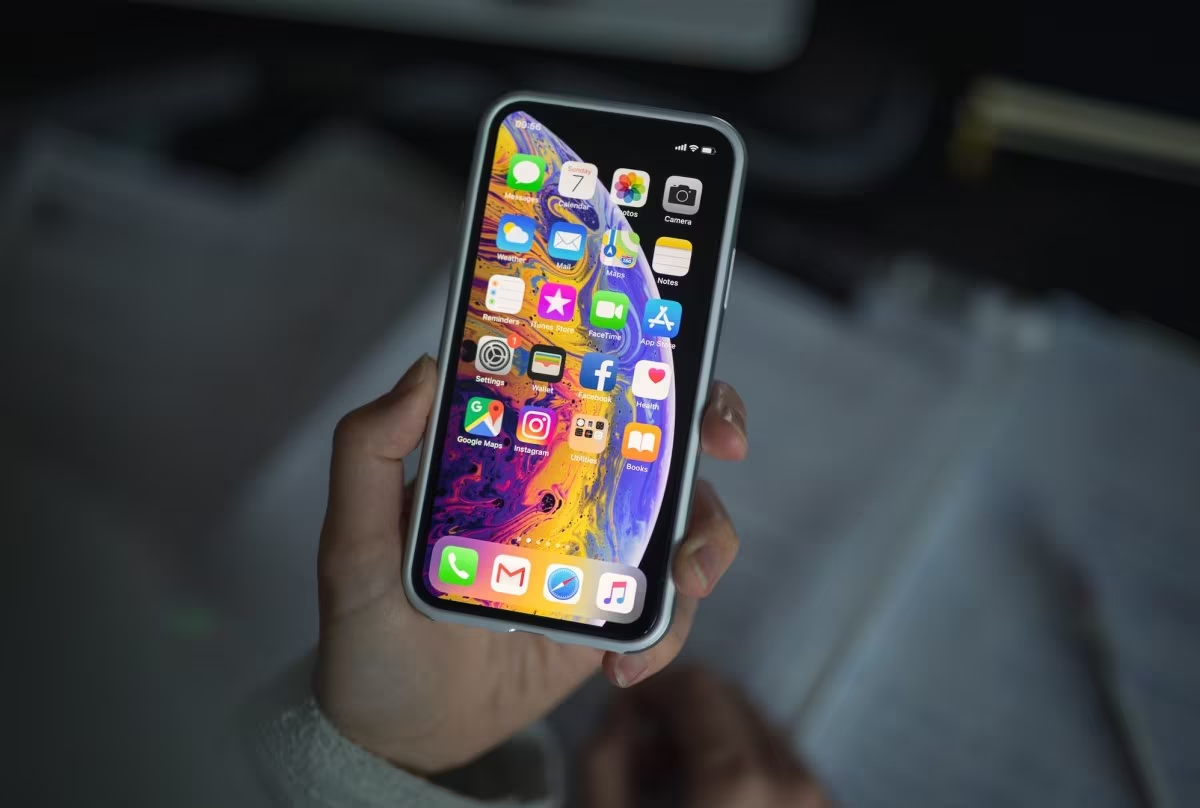Security Researcher Targeted: Apple Issues Rare Spyware Warning
In a stark reminder of the persistent threat posed by state-sponsored surveillance, Apple recently issued a critical threat notification to Jay Gibson, an independent exploit developer, warning him that his personal iPhone had been targeted by highly sophisticated mercenary spyware linked to a government entity.
The alert, which Apple reserves for high-value targets of state-level attacks, underscores the intense, high-stakes environment faced by security researchers and journalists globally. Gibson, known in the security community for his work uncovering vulnerabilities, described his reaction to the notification to TechCrunch, stating he was immediately alarmed.
“I was panicking,” Gibson said, detailing the moment the alert appeared on his device. The notification explicitly stated that Apple had detected a targeted attack using mercenary spyware, confirming that the threat was not a general phishing attempt but a highly specific, expensive operation.
The High-Value Target: Why Exploit Developers Are Attacked
Gibson’s profession places him squarely in the crosshairs of sophisticated attackers, including nation-states and the private firms that supply them with surveillance tools. Exploit developers often discover and sometimes sell zero-day vulnerabilities—flaws in software unknown to the vendor—which are the foundation of mercenary spyware.
Targeting individuals like Gibson serves two primary purposes for government-backed actors:
- Acquisition of Zero-Days: Gaining access to the researcher’s communications or devices can reveal unpatched vulnerabilities they have discovered, allowing the government to use those exploits before they are fixed.
- Intelligence Gathering: Monitoring the activities and contacts of key security figures provides insight into the global exploit market and potential defensive measures being developed.
This incident highlights that even those with deep knowledge of digital security are not immune to these highly resourced, targeted campaigns.
Understanding Mercenary Spyware
The term “mercenary spyware” refers to surveillance tools—such as those developed by companies like NSO Group (Pegasus) or Cytrox (Predator)—that are sold exclusively to government clients. These tools are characterized by their ability to achieve zero-click remote exploitation, meaning they can infect a device without the user needing to interact with a link or file.
Key characteristics of these attacks include:
- Extreme Cost: Licenses for these tools cost millions of dollars, ensuring they are only deployed against targets deemed critically important.
- Stealth and Persistence: The spyware is designed to operate silently, extracting data, recording audio, and tracking location without leaving easily detectable traces.
- State Sponsorship: While developed by private firms, the end-users are typically intelligence agencies, law enforcement, or military units of sovereign states.
Apple’s Threat Notification System
Apple’s system for alerting targeted users is a crucial, though rare, defense mechanism. The company only issues these notifications when it has high confidence that a user has been individually targeted by a state-sponsored attack. These alerts are distinct from standard security warnings and are usually delivered via email, iMessage, and a banner notification when the user logs into the Apple ID website.
When a user receives such an alert, Apple provides specific guidance, including:
- Immediate Action: Updating the device to the latest iOS version to patch known vulnerabilities.
- Security Measures: Enabling Lockdown Mode, which drastically restricts device functionality to prevent exploitation.
- Professional Assistance: Recommending contact with digital security experts, such as those at the Access Now Digital Security Helpline, for forensic analysis and remediation.
This transparency from Apple is vital, as it validates the threat and provides the target with actionable steps, contrasting with the secrecy often surrounding government surveillance efforts.
Broader Implications for the Security Community
The targeting of an exploit developer like Jay Gibson serves as a chilling precedent. It confirms that the exploit ecosystem—the very market that drives the discovery and patching of vulnerabilities—is itself a primary target for sophisticated attackers.
This incident reinforces the need for extreme vigilance among security researchers, journalists, human rights defenders, and political dissidents, who are consistently identified as the most frequent targets of these advanced surveillance tools.
Key Takeaways
- Confirmed Threat: Apple’s alert confirms that highly sophisticated, government-linked mercenary spyware remains an active threat in 2025.
- Prime Targets: Security researchers and exploit developers are high-priority targets due to their access to sensitive vulnerability information.
- Apple’s Role: The company continues to use its threat notification system to provide crucial, high-confidence warnings to users under attack.
- Defense: Enabling Lockdown Mode on iOS devices is one of the most effective immediate defenses against zero-click mercenary spyware attacks.
What’s Next
While the specific identity of the government entity behind the attack on Gibson remains undisclosed, the incident will likely fuel further scrutiny of the global mercenary spyware industry. Security experts continue to advise high-risk users to adopt stringent security protocols, including regular software updates and the permanent use of advanced protection features like Lockdown Mode, to mitigate the risk posed by these evolving state-level threats.
Original author: Lorenzo Franceschi-Bicchierai
Originally published: October 21, 2025
Editorial note: Our team reviewed and enhanced this coverage with AI-assisted tools and human editing to add helpful context while preserving verified facts and quotations from the original source.
We encourage you to consult the publisher above for the complete report and to reach out if you spot inaccuracies or compliance concerns.

